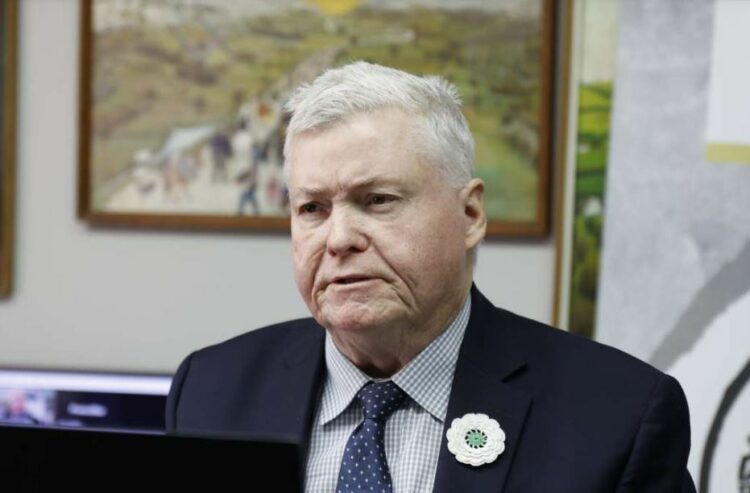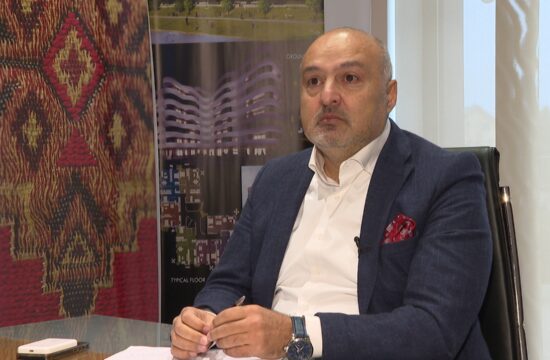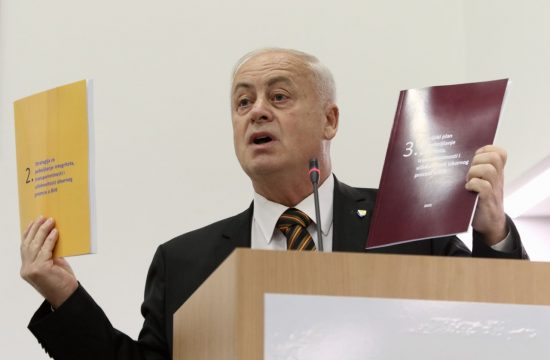
Victims' associations in Bosnia and Herzegovina have recently expressed serious concern about the practice of allowing convicted war criminals to avoid serving their full prison terms by paying fines.
A representative of the Social Democratic Party (SDP) in the House of Representatives, Sasa Magazinovic, is proposing amendments to the Criminal Code in order to regulate this issue in a different way.
Professor of philosophy and Holocaust and genocide studies at Southern Connecticut State University, David Pettigrew, as well as representatives of the victims’ association, believe that such a practice, which exempts the perpetrators from the sanctions, represents a betrayal of justice.
“Such a practice favours the perpetrators and insults the victims. In this way, instead of condemning them, crimes are minimized and relativized. Although numerous countries, such as Germany, Sweden and Finland, have experimented with fines as an alternative to imprisonment – for minor crimes – none of these practices apply to convicted war criminals,” he stressed.
He said that by paying “daily fines” in order to avoid or reduce a prison sentence for a person convicted of a war crime, respect for the rule of law in Bosnia and Herzegovina is being undermined.
This, he argued, creates cynicism among citizens in regard to the rule of law, as they see the glorification of war criminals and genocide denial in Bosnia’s Republika Srpska entity go unpunished. He noted that the president of the entity, Milorad Dodik, has publicly denied the genocide on several occasions with impunity.
“While the remains of the victims’ bodies are still being sought and family members are awaiting identification, it is unacceptable that convicted war criminals routinely avoid their already short prison sentences through such benefits in the form of monetary compensation,” Pettigrew stressed.
He believes that this practice also indicated the “failure” of the Office of the High Representative of the international community in the country in establishing a comprehensive strategy for transitional justice that would be based on respect for rule of law and ensure that those who deny war crimes are brought to justice, and that ensure the erection of memorials for war crime victims, as well as adequate reparations for the survivors.





Kakvo je tvoje mišljenje o ovome?
Budi prvi koji će ostaviti komentar!